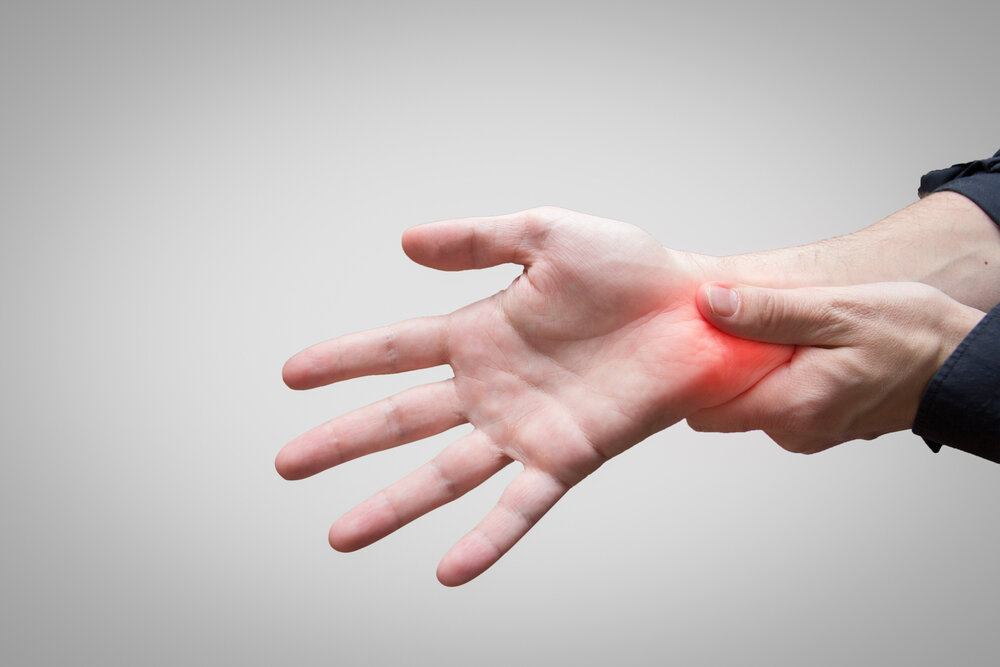You may experience frequent tingling or numbness in your fingers that comes and goes. With time, this sensation becomes worse and may last long. When the pain is severe, it makes little things tough like gripping a fork or a pen or other objects.
If you find these symptoms similar with you, it could be carpal tunnel syndrome in your both hands. When the median nerve is compressed by a ligament crossing it over, the pain occurs. The narrow space through which the nerve passes in the wrist is carpal tunnel.
At the palm side of the wrist, there is a small passage way known as carpal tunnel. There are nine tendons along with the median nerve passing through the carpal tunnel. The finger movements are controlled by the tendons. The median nerve plays the key role for the sensations that you feel in your thumb, index finger, middle finger and on the outer border of the ring finger. This median nerve also sends signal to the thumb base for making movements.
With the gradual progress of the symptoms, you may start losing coordinated finger movements. Your fingers will be weak and you will be unable to do daily tasks along with thumb movement. With the evaluation of the symptoms, this syndrome is diagnosed followed by physical test and electrophysiologic test. This test checks the electrical signal that passes through the median nerve. It also checks how the muscles served by median nerve are affected.

Women Are at More Risk
Women tend to have more risk than men from carpal tunnel syndrome. Some gender specific cases like pregnancy make women more prone to this. Other risk factors are diabetes, alcohol consumption, thyroid, arthritis, obesity, cysts blocking the carpal tunnel passageway.
Diagnosis
Typically carpal tunnel syndrome doctors and surgeons can easily diagnose this disease by physical examination. In a few cases, there could be additional test requirement to ensure that those symptoms do not have any other underlying physical condition.

Treating carpal Tunnel Syndrome
When you have mild syndrome, resting the hands and wearing a splint may give you relief. This pain often occurs at night and make people woke up and shook their hands unless the numbness feels better. If medications are not effective for carpal tunnel syndrome treatment, you should call a surgeon. Reach Neuroscience Specialists in OKC if you have carpal tunnel syndrome in both hands.
**Information presented here is not intended to be qualified medical advice. Nothing expressed herein creates a doctor-patient relationship.

